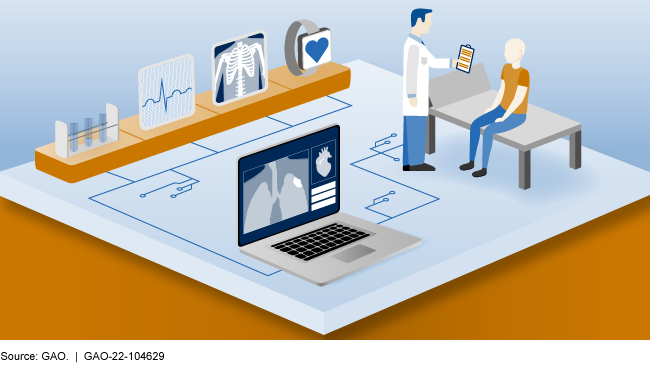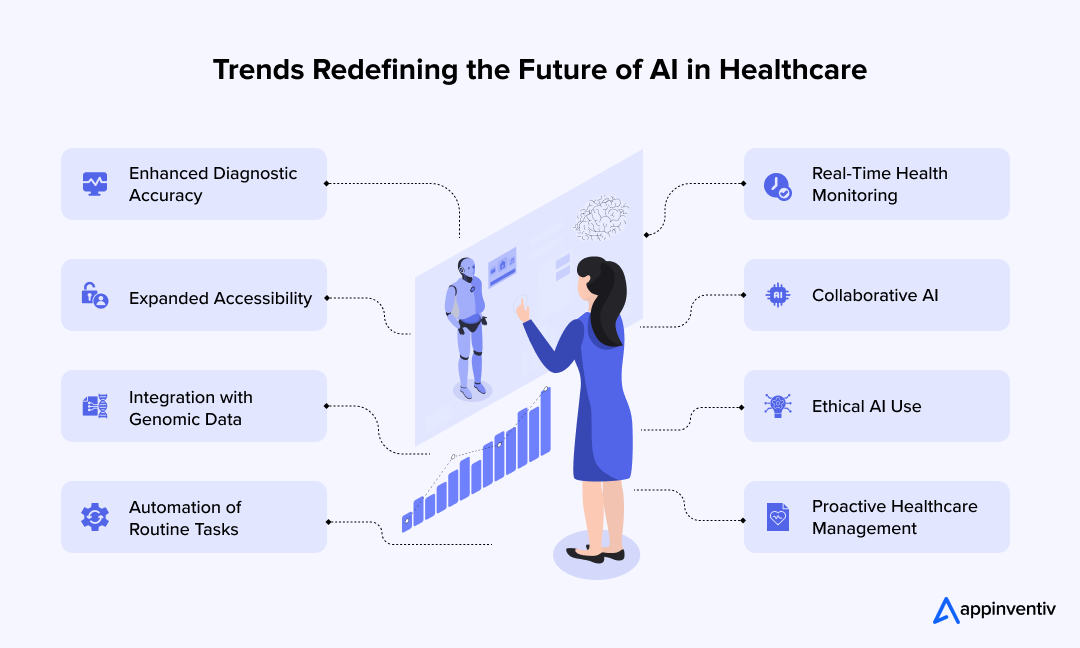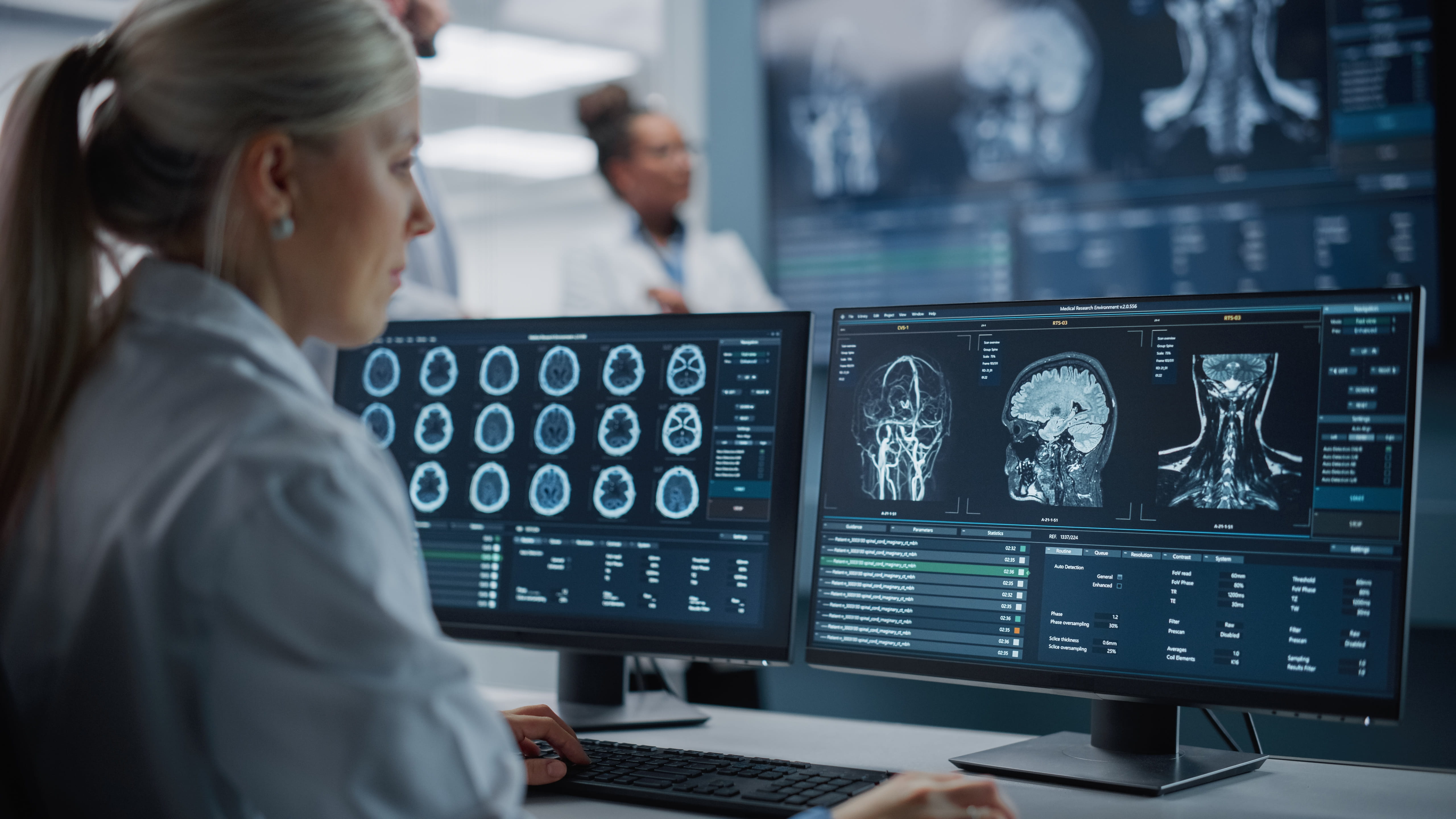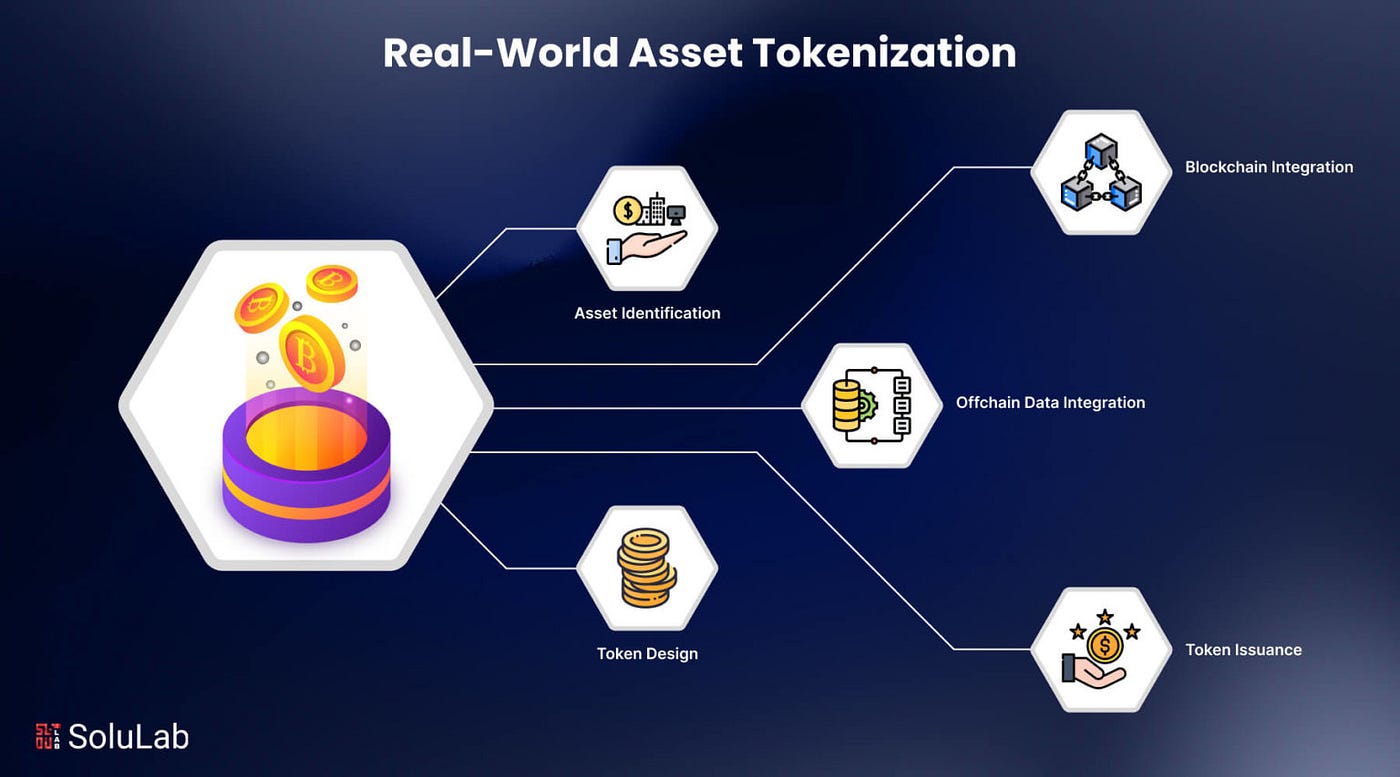The Dawn of AI-Powered Diagnostics
The healthcare industry is on the cusp of a revolution, driven by the incredible advancements in artificial intelligence (AI). For years, AI has promised to transform various sectors, but its impact on diagnostics is particularly exciting. We’re moving beyond the realm of science fiction and into a future where AI assists medical professionals in making faster, more accurate, and potentially life-saving diagnoses.
AI’s Role in Image Analysis: Seeing What the Human Eye Misses
One of the most impactful applications of AI in healthcare lies in its ability to analyze medical images. AI algorithms can sift through vast amounts of data from X-rays, CT scans, MRIs, and pathology slides far faster than any human radiologist could. This speed allows for quicker turnaround times on diagnoses, reducing anxiety for patients and enabling timely treatment. Moreover, AI can detect subtle anomalies that might be easily missed by the human eye, leading to earlier and potentially more effective interventions for conditions like cancer, heart disease, and neurological disorders. This increased accuracy translates into improved patient outcomes and a greater chance of successful treatment.

Beyond Images: AI’s Expanding Diagnostic Toolkit
The applications of AI in diagnostics are not limited to image analysis. AI algorithms are being developed to analyze patient data, including electronic health records, genetic information, and wearable sensor data. This comprehensive approach allows for a more holistic understanding of a patient’s health status and potential risks. For example, AI can predictthe likelihood of a patient developing a specific condition based on their risk factors, enabling preventative measures to be taken before symptoms even appear. It can also personalize treatment plans based on an individual’s genetic makeup and response to previous treatments.
Addressing Concerns and Ensuring Ethical Implementation
While the potential benefits of AI in diagnostics are enormous, it’s crucial to address the potential challenges and ethical considerations. One concern is the potential for bias in algorithms, which could lead to inaccurate or discriminatory diagnoses. It is vital that AI systems are trained on diverse and representative datasets to mitigate this risk. Furthermore, the role of human oversight in AI-assisted diagnosis is paramount. AI should be seen as a tool to augment the expertise of healthcare professionals, not replace it. Medical professionals need to be trained to interpret and critically evaluate the output of AI algorithms, ensuring that human judgment remains central to the diagnostic process.
The Future of AI in Diagnostic Healthcare: Collaboration and Innovation
The future of AI in healthcare diagnostics is bright, promising a future where diagnoses are faster, more accurate, and accessible to a wider population. However, realizing this vision requires a collaborative effort between AI developers, healthcare providers, and policymakers. Continued research and development are crucial for refining existing algorithms and exploring new applications. Robust regulatory frameworks are needed to ensure the ethical and safe implementation of AI in clinical settings. Open communication and collaboration between stakeholders are essential to overcome challenges and build trust in AI-powered diagnostic tools.
The Impact on Healthcare Accessibility and Efficiency
AI has the potential to revolutionize healthcare accessibility, particularly in underserved areas with limited access to specialists. AI-powered diagnostic tools could enable healthcare professionals with less experience to make more accurate diagnoses, bridging the gap in healthcare access. Furthermore, the efficiency gains offered by AI could lead to significant cost savings for healthcare systems. By automating time-consuming tasks and improving diagnostic accuracy, AI can free up healthcare professionals to focus on patient care and other critical tasks. This improved efficiency could ultimately lead to a more sustainable and cost-effective healthcare system.
Real-World Applications and Case Studies
Numerous studies and real-world applications demonstrate the effectiveness of AI in healthcare diagnostics. For example, AI algorithms have shown remarkable success in detecting cancerous lesions in mammograms, often identifying them earlier than human radiologists. In ophthalmology, AI is being used to diagnose diabetic retinopathy, a leading cause of blindness, allowing for timely intervention and preventing vision loss. These are just a few examples of how AI is already transforming diagnostic healthcare, with many more promising applications on the horizon. The continuous development and refinement of these AI tools promise an even brighter future for patients and healthcare professionals alike. Read more about the use of AI in diagnostics.





.5822d049.jpg)


